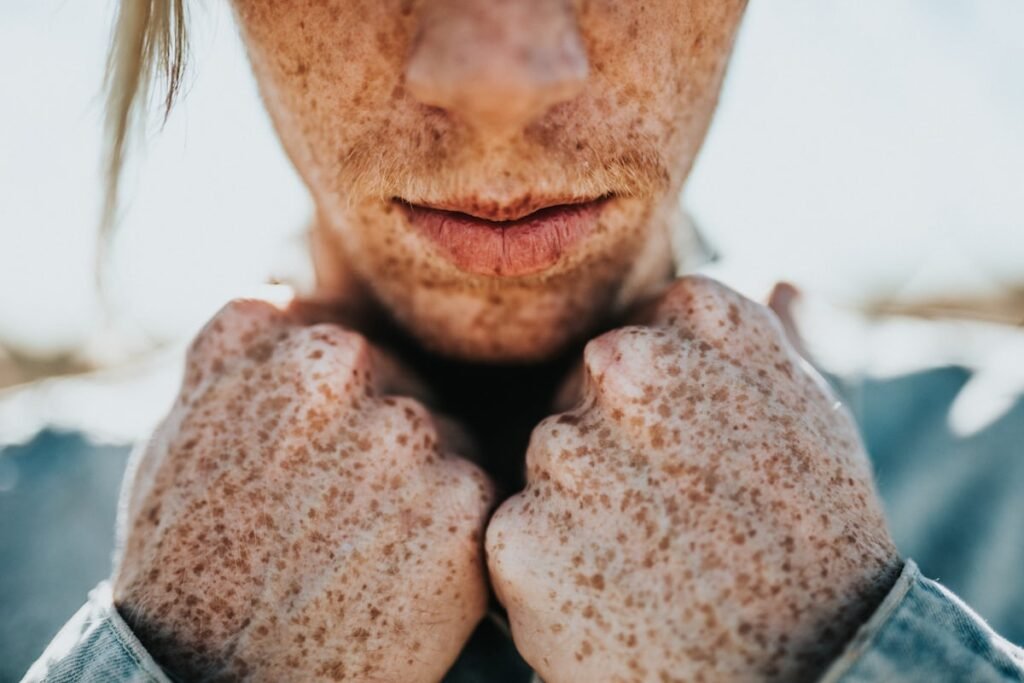The monsoon season brings much-needed relief from the scorching heat, but it also comes with its own set of skincare challenges, especially for individuals with oily skin. While oily skin is often misunderstood, many common skincare myths can make it even harder to maintain a healthy, glowing complexion during the rainy months. Let’s debunk six of the most common skincare myths about oily skin in the monsoon and explore how you can adopt the right skincare routine to keep your skin balanced and glowing.
1. Oily Skin Doesn’t Need Moisturization
One of the biggest myths surrounding oily skin is that it doesn’t require moisturization. Many believe that moisturizing an oily complexion will exacerbate the oiliness and lead to more breakouts. However, the truth is quite the opposite. Oily skin still needs hydration to maintain its balance.
When you skip moisturization, your skin can become dehydrated. This triggers the skin’s sebaceous glands to produce even more oil to compensate for the lack of moisture, leading to an increase in greasiness and potentially more acne. Using a niacinamide moisturizer can be a game-changer for oily skin during the monsoon. Niacinamide helps regulate sebum production, keeps the skin hydrated, and strengthens the skin barrier, all without making your skin feel greasy.
2. You Should Skip Face Wash During the Monsoon
The idea that you should wash your face less frequently during the monsoon to prevent skin from drying out is another prevalent myth. While it is true that humidity levels are higher during the rainy season, this doesn’t mean you should stop cleansing your skin.
In fact, oily skin during the monsoon is more prone to clogging pores due to the increased humidity, dust, and sweat. Opt for a gentle yet effective vitamin C face wash to cleanse your skin without stripping it of its natural oils. Vitamin C can also help brighten your skin and fight the effects of free radicals that often result from environmental exposure.
3. Using Harsh Products Will Get Rid of Oily Skin
Some people believe that using harsh astringents or products with alcohol will help combat oily skin by drying it out. While these products may initially provide a mattifying effect, they can cause more harm than good in the long run.
Harsh products can irritate your skin, leading to inflammation and more oil production as your skin tries to compensate for the excessive dryness. Instead, focus on incorporating gentle skincare products that control oil production without damaging the skin’s natural moisture balance. A gentle niacinamide moisturizer and soothing ingredients like aloe vera can help maintain skin hydration while keeping excess oil in check.
4. Oily Skin Doesn’t Get Acne During the Monsoon
While acne is commonly associated with dry skin, oily skin is equally susceptible to breakouts, especially in the monsoon. The excess humidity during this season can lead to clogged pores, which can trap oil, dirt, and sweat, creating a breeding ground for acne-causing bacteria.
To keep your skin clear during the monsoon, it’s important to use products that regulate sebum production and provide a deep cleanse. In addition to a vitamin C face wash, consider incorporating an exfoliating serum or face mask containing salicylic acid to remove dead skin cells and prevent clogged pores. This will help prevent breakouts while maintaining balanced skin.
5. Sunscreen Is Not Necessary for Oily Skin in the Monsoon
Many believe that sunscreen is only necessary in the summer when the sun is blazing, but this is a myth. The sun’s harmful UV rays can damage your skin even on cloudy, rainy days. Moreover, exposure to sunlight can cause premature aging and pigmentation issues, which affect all skin types, including oily skin.
Oily skin can still benefit from lightweight, non-comedogenic sunscreens that won’t clog pores. Opt for a sunscreen that contains broad-spectrum protection (UVA and UVB) to shield your skin from potential damage while avoiding a greasy feel. You can even look for sunscreens that are enriched with niacinamide to reduce inflammation and keep your skin looking clear.
6. Skipping Toners Will Prevent Excess Oil Production
Many people with oily skin believe that toners should be skipped, as they believe these products will only make their skin even oilier. However, this is another skincare myth that needs to be debunked. Toners can play a key role in maintaining the pH balance of your skin and ensuring that your pores are clean.
Toners containing ingredients like witch hazel or rose water can help control excess oil without over-drying your skin. Using a toner after cleansing can help remove any leftover impurities and prepare your skin for better absorption of your moisturizer and sunscreen. Look for a soothing toner that won’t irritate your skin but will help keep excess oil under control.
Conclusion
Understanding and debunking these common skincare myths can help individuals with oily skin enjoy the monsoon season without compromising their skin health. The key is to follow a gentle yet effective skincare routine that incorporates products like a vitamin C face wash and niacinamide moisturizer to keep skin balanced, hydrated, and free from breakouts.
By adopting the right skincare practices, you can ensure your oily skin remains healthy, fresh, and glowing throughout the rainy season. Don’t fall for these myths—embrace the truth about oily skin and take care of your complexion with the right products and habits!

